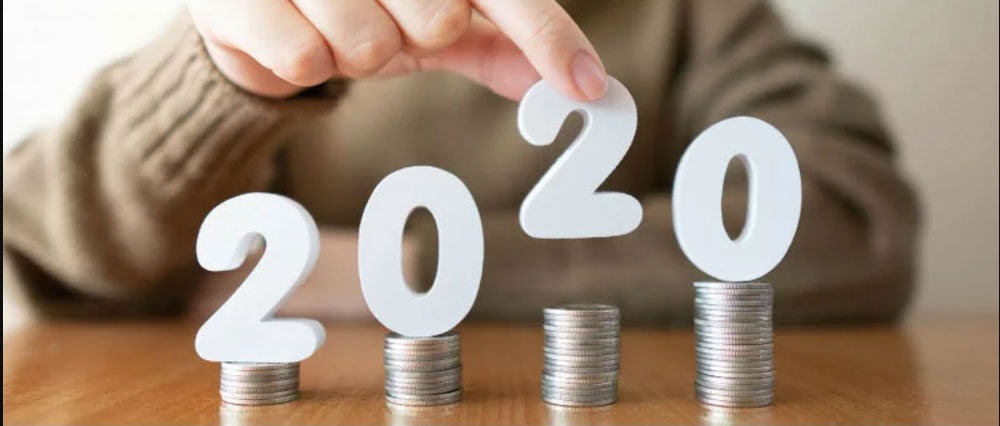
What you need to know before you file?
Let’s face it, having a trusted accountant and tax preparer can help to make tax-filing less and less painful even for the do-it-yourselfers.
Still, whether you’re outsourcing the work to an algorithm or an accountant, it’s always a good idea to know when deadlines fall and what’s new every year.
Here’s our guide to the 2020 tax season:
1. When is the deadline to contribute to my RRSP?
Since March 1 falls on a Sunday this year, the cutoff this year is March 2.
Remember, you can put money into your registered retirement savings plan (RRSP) any time. But if you want to get a tax refund for your RRSP contribution with your 2019 return, you must add the funds by the March deadline.
2. When’s the tax-filing deadline?
As usual, April 30 is the date most Canadians need to keep in mind. For most tax filers, this is the deadline to both pay any tax due and file returns.
If you’re self-employed, this year you have until June 15 to file. Remember, though, that if you owe taxes, you still need to pay up by April 30.
If you’re late to either settle your balance or send in your paperwork, you’ll face late-filing penalty and daily interest charges on any taxes owed.
3. When’s the earliest I can file?
If you just can’t wait to get that big refund, know that the Canada Revenue Agency (CRA) will start accepting electronic returns on Feb. 24.
Most people want to skip the tax-processing queue because they anticipate getting money back. But having a big tax bill is also a good reason to file early. That allows you to set up a plan to pay your tax in installments. The more you manage to pay by April 30, the fewer extra charges you’ll face.
Still, there are potential drawbacks with filing too early. Many of the tax slips you need to file your return are due March 2, so it’s not a good idea to file before then unless you’re sure you’ve received all of them.
Also, it usually takes until mid-March for tax slips and other information the CRA has on file to become available through its autofill my return feature, which allows you to automatically fill-in part of your return.
Newsletters
Newsletter – March 2019
NewslettersEvents & SponsorshipArticles & Publications
Newsletter – February 2019
NewslettersEvents & SponsorshipArticles & Publications
Newsletter December 2018
NewslettersEvents & SponsorshipArticles & Publications
Newsletter November 2018
NewslettersEvents & SponsorshipArticles & Publications
e-Newsletter – August 2018
NewslettersEvents & SponsorshipArticles & Publications
Events & Sponsorship
No Results Found
The page you requested could not be found. Try refining your search, or use the navigation above to locate the post.
Articles & Publications
RRSP/RRIF and non-registered investments
Drawing from your RRSP/RRIF and non-registered investments. It often helps to think in terms of family wealth and tax efficiency. One of the most asked questions the newly retired or those about to retire have is: "When should I start drawing from my registered...
Strategies to consider when buying a second property
Strategies to consider when buying a second property. There are three common types of second properties people are looking at when they wish to buy a second property: cottages, income properties and U.S. real estate. COTTAGE PROPERTIES If you've been looking to buy a...
Incorporating your Business in Canada
Tax Advantages of Incorporating your Business in Canada Incorporating your business may lead to lower taxes depending on your particular situation and the province in which you operate. Incorporating can save you money once the business generates more income than you...
How much is child benefit in Canada per month?
How much is child benefit in Canada per month? For each child: under six years of age: $6,833 per year ($569.41 per month) 6 to 17 years of age: $5,765 per year ($480.41 per month). Will child benefit increase in 2021? On July 20, the Minister of Families, Children...
Is Cryptocurrency Taxable in Canada?
Is cryptocurrency taxable in Canada? According to CRA, possessing or holding a cryptocurrency is not taxable. However, selling, making a gift, trading or exchanging a cryptocurrency, including disposing of one to get another, or converting cryptocurrency to a...